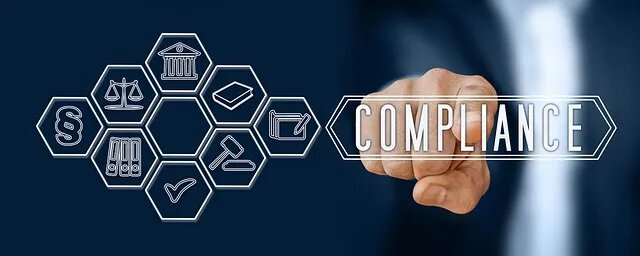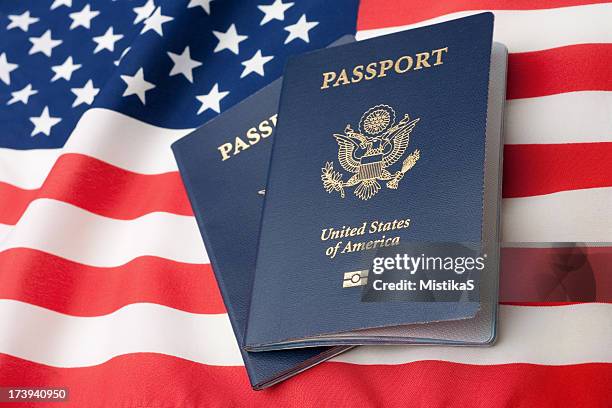
In a world increasingly defined by regulations and ethical considerations, compliance hiring has taken center stage in many organizations. As businesses navigate complex legal frameworks, hiring professionals who can ensure compliance is more crucial than ever. However, compliance hiring is not just about filling positions; it’s about redefining how organizations perceive compliance and the critical role that employees play in maintaining ethical standards.
Understanding Compliance Hiring
Compliance hiring involves recruiting individuals who possess not only the necessary qualifications and experience but also a strong ethical foundation. The goal is to build a team capable of navigating the complex landscape of rules and regulations that govern various industries. In this context, compliance is not merely a set of rules to follow; it is an integral part of a company’s culture and operational ethos.
The importance of compliance hiring cannot be overstated. When organizations prioritize compliance during the recruitment process, they are actively safeguarding their reputations, minimizing legal risks, and promoting a culture of integrity. This proactive approach to compliance can yield significant benefits, including improved stakeholder trust, enhanced operational efficiency, and reduced risk of penalties.
The Shift Towards Ethical Precision
Traditionally, compliance hiring focused primarily on the candidate’s technical skills, qualifications, and past experiences. While these factors remain important, the current landscape requires a shift towards ethical precision. This means assessing candidates not just for their knowledge of laws and regulations but also for their commitment to ethical principles.
Ethical precision in compliance hiring involves evaluating a candidate’s values, decision-making processes, and ability to handle dilemmas that may arise in the workplace. Organizations are now looking for individuals who demonstrate integrity, accountability, and a deep understanding of the ethical implications of their work.
Key Considerations in Compliance Hiring
Defining the Role
Clearly defining the role and responsibilities of compliance professionals is crucial. Organizations need to outline what ethical precision means within the context of their industry and specific operational needs. This includes detailing how compliance professionals will interact with other departments, their reporting structure, and the metrics for measuring their effectiveness.
Cultural Fit
Beyond technical skills, finding candidates who align with the organization’s values is essential. During the hiring process, assess how candidates embody the company’s ethical standards. Incorporating behavioral interview questions can help gauge a candidate’s moral compass and their approach to complex compliance issues.
Continuous Learning and Development
Compliance is an ever-evolving field, with regulations frequently changing. Therefore, compliance hiring should prioritize candidates who show a willingness to engage in continuous learning and professional development. Look for candidates who have pursued certifications, attended industry seminars, or actively follow trends and changes in compliance regulations.
Interpersonal Skills
Compliance professionals often serve as liaisons between various departments and regulatory bodies. As such, strong interpersonal skills are essential. Candidates should be able to communicate complex compliance issues clearly and effectively, fostering collaboration across the organization. This also involves being approachable and trustworthy, which helps build relationships with stakeholders.
Risk Assessment Abilities
Ethical precision in compliance hiring means selecting candidates who can identify and assess risks. A compliance professional should be able to analyze processes, identify potential compliance gaps, and recommend solutions. This requires analytical thinking, problem-solving skills, and a proactive approach to risk management.
Implementing a Strategic Compliance Hiring Process
To redefine compliance hiring within an organization, consider implementing a strategic process that encompasses the following steps:
Develop a Comprehensive Job Description
Create a detailed job description that highlights not only the required skills and experience but also emphasizes the importance of ethical standards and cultural fit. Clearly state the organization’s commitment to compliance and ethics.
Use Behavioral Assessments
Incorporate behavioral assessments during the hiring process to evaluate candidates’ ethical decision-making capabilities. This can involve scenarios where candidates must navigate complex ethical dilemmas, revealing how they prioritize compliance and ethics.
Engage Multiple Stakeholders
Involve various stakeholders in the hiring process, including HR, legal, and compliance teams. This collaborative approach ensures that diverse perspectives are considered, and candidates are evaluated comprehensively.
Provide Training and Development Opportunities
Once compliance professionals are hired, invest in their training and development. Offer ongoing education on regulatory changes, ethical practices, and industry standards. This not only enhances their knowledge but also reinforces the organization’s commitment to compliance.
Foster an Ethical Culture
Promote a culture of ethics and compliance within the organization. This includes encouraging open communication, providing resources for employees to report concerns, and recognizing individuals who exemplify ethical behavior. When compliance becomes part of the organizational culture, it strengthens the foundation for ethical precision in hiring.
The Benefits of Ethical Compliance Hiring
Redefining compliance hiring to emphasize ethical precision brings numerous benefits to organizations:
- Enhanced Reputation: A strong commitment to compliance and ethics enhances the organization’s reputation among stakeholders, customers, and regulatory bodies.
- Reduced Risk: By hiring individuals who prioritize compliance, organizations can minimize the risk of legal issues and penalties.
- Improved Decision-Making: Candidates with strong ethical foundations are more likely to make decisions that align with the organization’s values, leading to better outcomes.
- Greater Employee Engagement: When employees see a commitment to ethics and compliance at all levels, they are more likely to feel engaged and motivated, contributing to a positive workplace culture.
- Sustainable Growth: Ethical compliance hiring sets the stage for sustainable growth, as organizations built on a foundation of integrity are more resilient in the face of challenges.
Conclusion
In today’s complex regulatory environment, redefining compliance hiring to focus on ethical precision is not just a trend; it’s a necessity. Organizations must prioritize candidates who not only possess technical expertise but also embody the ethical standards that define the company’s culture. By doing so, businesses can safeguard their reputations, mitigate risks, and promote a culture of integrity that drives long-term success.
Ultimately, compliance hiring should be viewed as an investment in the organization’s future. By selecting individuals who are committed to ethical practices, companies can build a robust compliance framework that supports sustainable growth and fosters trust among stakeholders. As the business landscape continues to evolve, organizations that embrace ethical precision in compliance hiring will be better positioned to navigate challenges and seize opportunities.


